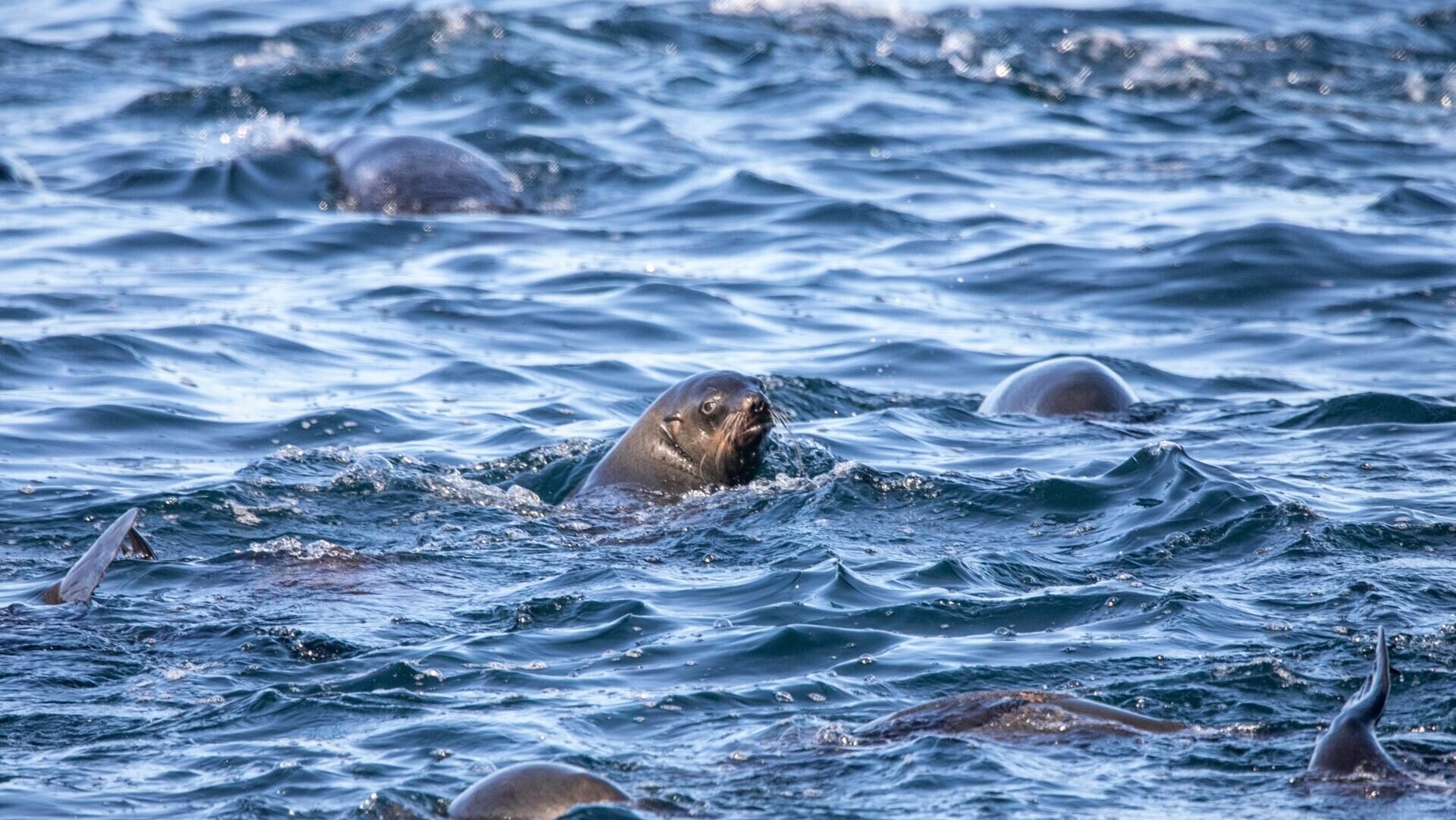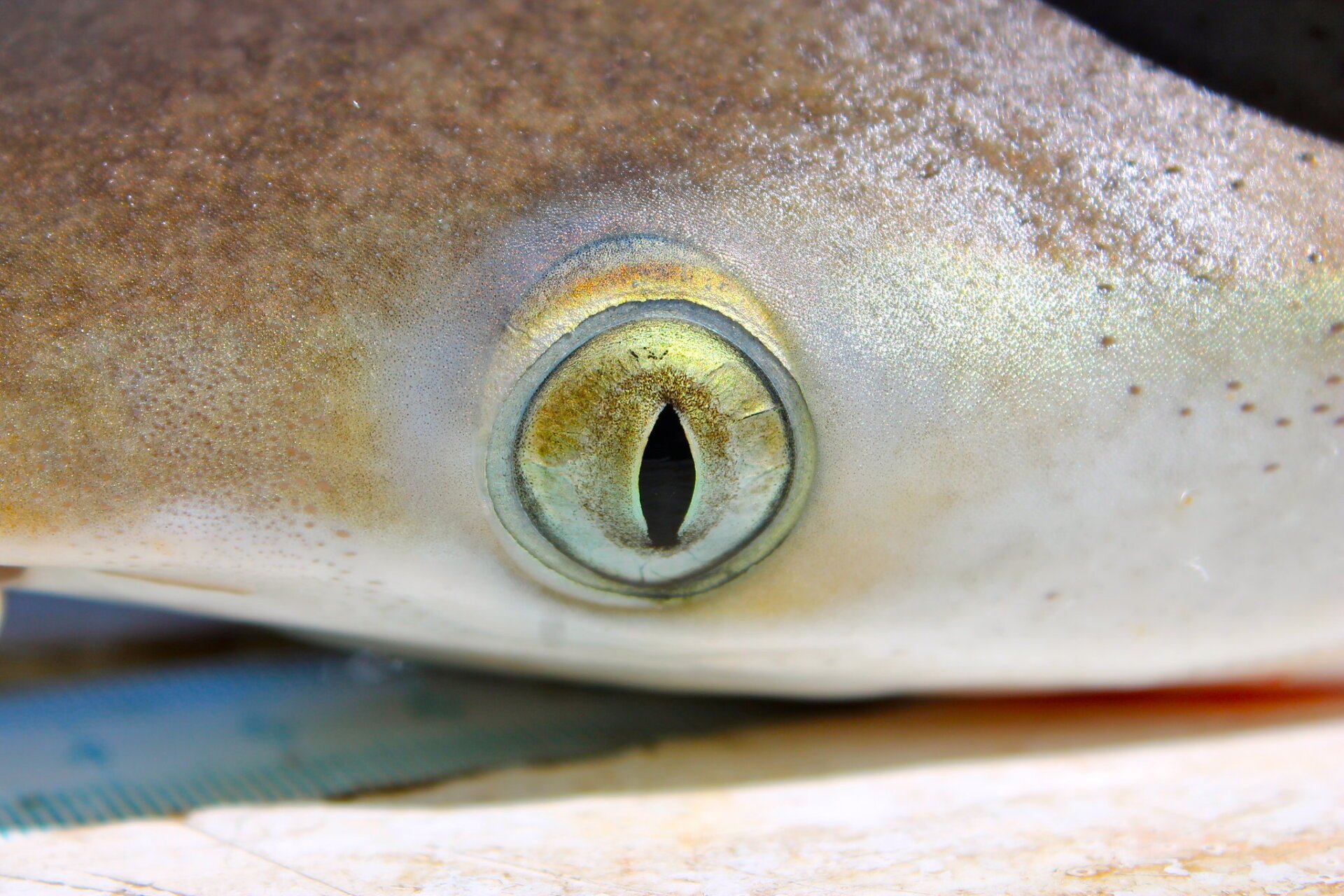Rabies, a deadly viral disease, has been detected in Cape fur seals in the waters surrounding Cape Town, South Africa, prompting concern from scientists and officials. At least nine seals have tested positive for the virus, raising questions about the potential spread of the disease among marine mammals and the risk to humans. While human cases linked to these infected seals have not been reported, the unusual behavior exhibited by some seals has put the local community on alert.
Uncharacteristic Seal Behavior Triggers Investigation
Reports of aggressive seal behavior, including biting incidents and unexplained injuries, led Cape Town officials to investigate the possibility of a rabies outbreak. In early June 2024, the City of Cape Town confirmed a case of rabies in a seal, following observations of atypical seal interactions. One incident involved a seal aggressively biting several people, while another seal was found with severe facial injuries potentially inflicted by an animal. These unusual events prompted officials to euthanize four seals suspected of having rabies, three of which subsequently tested positive.
The discovery of rabid seals has understandably unnerved residents and visitors who frequent the waters around Cape Town. Gregg Oelofse, head of coastal management for the Cape Town council, recounted an unsettling experience to The Guardian, describing surfers paddling away from a seal that surfaced among them, a stark contrast to the typically welcomed interactions.
Retrospective Analysis Reveals More Cases
Suspecting that the issue predated the recent reports, Oelofse and his team collaborated with marine researchers and conservationists to examine the brains of seals that had been euthanized for unrelated reasons. This retrospective analysis revealed a total of nine rabies cases among seals, indicating a potential outbreak. The increase in human-seal attacks in the area since late 2021 further supports the theory of an earlier emergence of the virus among the seal population.
Rarity of Seal Rabies Raises Questions
While all mammals are susceptible to rabies, documented cases of the disease in seals are exceedingly rare. The only previous record dates back to 1980 in Norway. Rabies is also uncommon in other marine mammals. The current situation in Cape Town may represent the first significant rabies outbreak among marine mammals, raising concerns about the potential for widespread transmission within these populations.
Low Risk to Humans, but Continued Monitoring is Crucial
Despite the confirmed cases in seals and reported bites, no human infections have been linked to the outbreak so far. While the reason for this remains unclear, Oelofse speculated on potential factors, such as a low transmission rate or the possible impact of saltwater on viral load. Rabies is almost always fatal in humans once symptoms appear, making continued monitoring and preventative measures essential. Post-exposure prophylaxis, which includes vaccination and rabies antibodies, can effectively prevent the disease if administered promptly after a potential exposure.
Investigation and Public Awareness Campaigns Underway
Authorities and scientists are actively investigating the outbreak, including genetic analysis of the virus to determine its origin. Public awareness campaigns emphasize the importance of cautious interaction with seals. Oelofse advised the public to maintain a safe distance from seals exhibiting unusual or aggressive behavior and to report such incidents to the relevant authorities. He reassured the public that seals exhibiting normal, relaxed behavior are unlikely to pose a threat.
Focus on Marine Mammal Health
The focus remains on understanding the dynamics of this rabies outbreak, its potential impact on marine mammal populations, and the risk to human health. Continued research, monitoring, and public education are crucial for mitigating the spread of the virus and protecting both animal and human populations.











